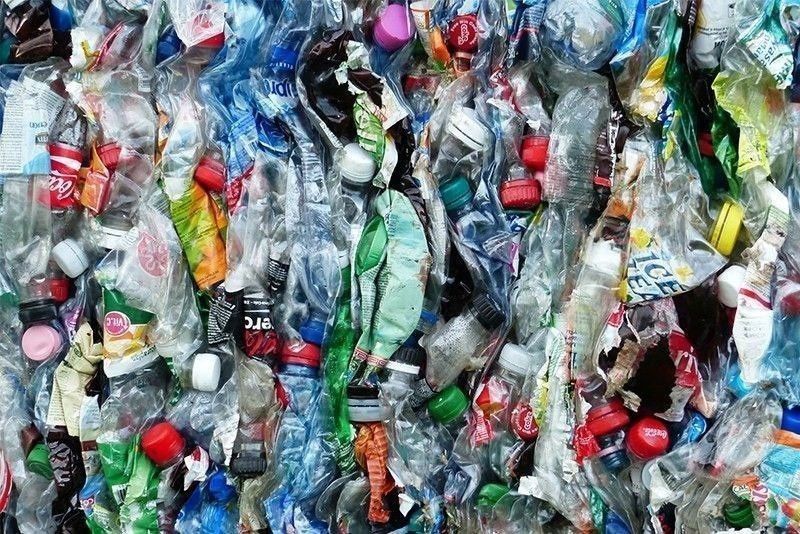Climate body welcomes new law for eco-friendly businesses

MANILA, Philippines — The Climate Change Commission (CCC) has welcomed the passage of the law mandating large enterprises to implement programs to reduce the plastic waste they generate.
The group said Republic Act 11898 or the Extended Producers’ Responsibility (EPR) Act of 2022, which recently lapsed into law, is consistent with President Marcos’ commitment to environmental management and sustainable development.
RA 11898 amends the Ecological Solid Waste Management Act of 2000 (RA 9003) by introducing provisions on EPR, defined as “environmental policy approach and practice that requires producers to be environmentally responsible throughout the life cycle of a product, especially its post-consumer or end-of-life stage.”
Environment groups earlier urged Marcos to veto the measure, citing limitations on its provisions and inconsistencies with the principles of EPR. They noted, for instance, the inclusion of “thermal treatment” or incineration as one of the ways to deal with plastic waste, which could further contribute to the climate emergency.
They also cited the lack of specific provisions on reduction of plastic production, such as banning the use of single-use plastics.
CCC Secretary Robert Borje, however, said the measure “will help ensure that mechanisms are in place towards sustainable production and consumption of products.”
It will also “advance the country’s move towards circular economy — one practical approach to efficient waste management,” he added.
Under the new law, large enterprises or those with total assets of at least P100 million must implement EPR programs aimed at reducing their plastic footprint, such as recycling and recovery initiatives.
The law requires enterprises to recover or offset a certain percentage of the plastic packaging they generate, starting with 20 percent by the end of 2023. It will then increase to 40 percent in 2024, 50 percent in 2025, 60 percent in 2026, 70 percent in 2027 and 80 percent in 2028 onwards.
Plastic packaging covered by the law includes sachets, labels and other flexible plastic products; rigid plastic products, including containers for beverage, food, personal care and cosmetics; plastic bags, and polystyrene.
While micro, small and medium enterprises are not covered by the law, they were also encouraged to implement EPR programs voluntarily.
Sen. Cynthia Villar, one of the proponents of the measure, described the law’s passage as a “good start” and called for its strict implementation and monitoring.
- Latest
- Trending


























